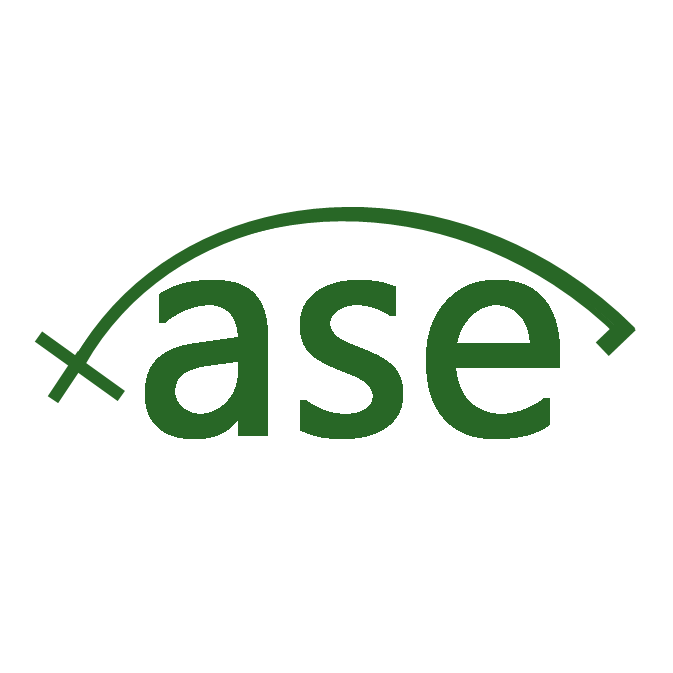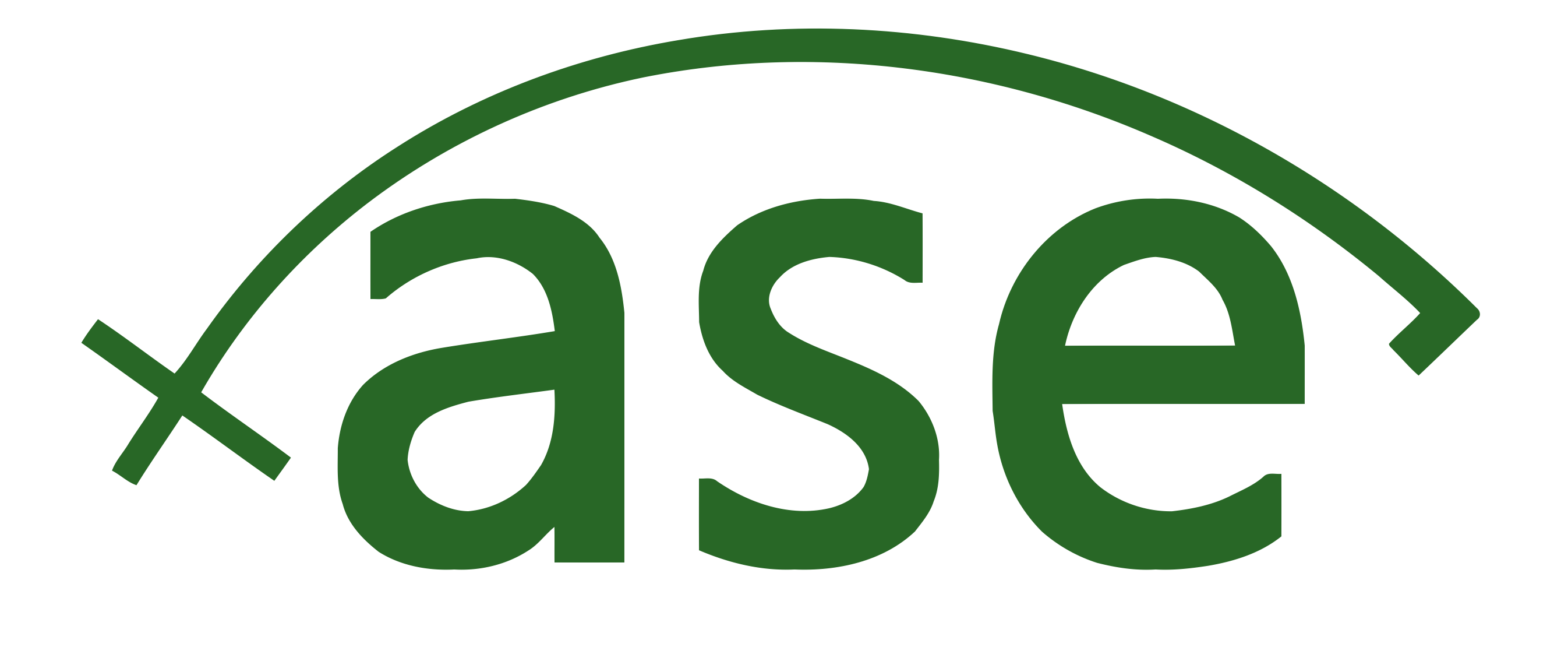Compartimos el reciente “comunicado de prensa” de UNIAPAC , que responde a la nueva Encíclica del Papa “Laudato SI”
Press Statement
UNIAPAC acknowledges the deep callings of Pope Francis‘ encyclical letter “Laudato si“ on sustainability which moves Christian business leaders to action.
Simone: Integral view of sustainability is right
The International Union of Christian Business Executives (UNIAPAC) has welcomed the statements on sustainability made by Pope Francis in his encyclical letter “Laudato si“
UNIAPAC president José Maria Simone (Argentina) explained:
“The Pope speaks not only of ‘environmental, economic and social ecology’, but adds a fourth dimension of sustainability: ‘cultural ecology‘. I am in fact glad that he talks about ‘an integral ecology which by definition does not exclude human beings and needs to take account of the subjective value of work‘“.
Pope Francis calls in his letter for regarding ‘climate as a common good‘ and for giving greater attention to ‘the needs of the poor, the weak and the vulnerable‘. Simone drew the attention on the fact, that the Pope demands in his letter ‘to prioritize the goal of access to steady employment for everyone‘, and that ‘helping the poor financially must always be a provisional solution in the face of pressing needs while the broader objective should always be to allow them a dignified life through work’. Simone noted further that the Pontiff deems it to be imperative ‘in order to continue to provide quality job creation to promote an economy, which favors productive diversity and business creativity. This level of development requires stability and fairness of the rule of law reliable institutions including parliament, judicial and education systems seeking excellence which are accessible by the whole society‘.
“As entrepreneurs we feel encouraged by the Pope, when he writes: ‘Business is a noble vocation, directed to producing wealth and improving our world. It can be a fruitful source of prosperity for the areas in which it operates, especially if it sees the creation of jobs as an essential part of its service to the common good’”, explained Simone. “While providing good and truly needed products and services to society, an entrepreneur may – by using technology, resources and labor in a most efficient, climate preserving and innovative way – create new jobs. But it cannot be assumed, that an entrepreneur is obliged to provide more jobs when they are not needed for the goods and services he is offering”. Simone, in this sense, argues that truly free markets may contribute, within a properly regulated framework, to resolve many environmental problems rather than generating them.
The UNIAPAC president showed understanding for the Pope’s sharp criticism on greed and mere profit maximization but expressed appreciation for the balanced view on technical developments:
“The Pope invites us ‘to rejoice in these advances and to be excited by the immense possibilities which they continue to open up before us, for science and technology are wonderful products of a God-given human creativity’. At the same time, he warns us not to blindly follow the ‘technological paradigm’ but ‘to look for solutions not only in technology but in a change of humanity‘.“
Pope Francis in his letter and with regard to technical developments, has underlined the need for‚ ’sound ethics and a culture and spirituality genuinely capable of setting limits and teaching clear-minded self-restraint’.
UNIAPAC welcomed especially the Pope’s call for
‘a circular model of production capable of preserving resources for present and future generations, while limiting as much as possible the use of non-renewable resources, moderating their consumption, maximizing their efficient use, reusing and recycling them’.
UNIAPAC appreciates the Pope’s call
‘that only when the economic and social costs of using up shared environmental resources are recognized with transparency and fully borne by those who incur them, not by other peoples or future generations, can those actions be considered ethical‘. Simone explained on this: “To internalize the external costs both in business accounting as well as in national statistics is unavoidable.“
Given this background Simone commented about the negative judgment of the Pope’s letter on trading of carbon credits:
“In my view there is a very broad consensus that such a mechanism is a very appropriate way of internalizing external costs and a contribution to equilibrate natural unbalances if the credits are used in a responsible way similar to those for natural resources”.
Simone also commented on the Pope’s view that
‘the time has come to accept decreased growth in some parts of the world in order to provide resources for other places to experience healthy growth’.
Unfortunately, Simone expresses, the practical implementation of this statement may generate the opposite effect to the expected one.
“If there is a recession in Europe or America, this will definitely have adverse effects on growth in emerging and developing economies, where most of the poor people live. We need growth! Of course we need growth with as little consumption of natural resources as possible. And we need growth that is inclusive and does not exclude the poor. We need to increase poor’s dignity with new decent jobs, assisting the development of a more integral human being”, Simone underlinded.
The UNIAPAC president emphazised:
“As Christian business leaders we accept the call of the Pope to continue stressing the consideration, in every ecological approach, a social perspective which takes into account the fundamental rights of the poor and the under privileged and that there is always a social mortgage on all private property. A person-centered corporate social responsibility is a very effective way of addressing this challenge within a free and truly competitive market economy. We give special recognition to the purpose of the encyclical that what is at stake is our own dignity and leaving an inhabitable planet to future generations is, first and foremost up to us.”
Simone explained, that these statements are just first comments and that UNIAPAC will undertake a deeper reflection on the Pope’s letter and will publish these reflection in a future document.



